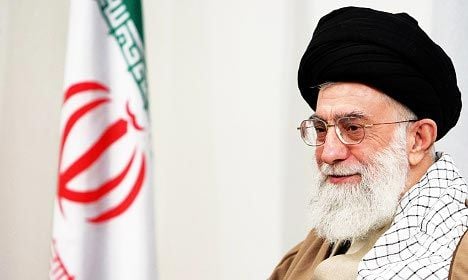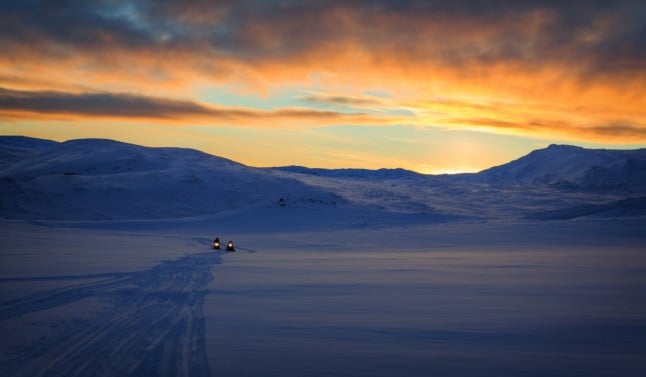The company is able to trade from its office in Pouilly because Switzerland does not fall under the EU oil embargo that was adopted in January, newspaper Tages Anzeiger reported.
The local Jersey government recently pressured Nico to give up its Channel Island office because of its relationship to the Iranian state. It is unclear whether Switzerland will follow suit.
The Federal Council has decided not to take immediate action and is waiting for EU guidance.
National Council member Liliane Maury Pasquier, from the Social Democratic Party, thinks it unnecessary for Switzerland to follow the EU ruling when it is not required to do so.
“If it came from the UN, that would be something different,” she said.
But others disagree.
“We should follow the EU embargo against Iran in order to give a clear sign that we are against the development of nuclear weapons,” Luc Recordon, member of the Green Party, told Tages Anzeiger.
Iran’s talks with the UN failed on Tuesday night, following Iran’s refusal to allow inspectors access to the Parchin military base.
“No obstacle can stop Iran’s nuclear work,” Ayatollah Ali Khamenei announced on Tuesday on Iranian state television.
The EU slapped an embargo on Iran‘s oil exports in Januery as part of a package of new sanctions aimed at blocking funds for Tehran’s suspect nuclear drive and pressing it to return to talks.
The oil ban, along with sanctions against Iran‘s central bank and other measures, came amid mounting concerns of confrontation after the UN atomic agency reported Tehran was inching ever closer to building a nuclear bomb.
Iran expressed defiance in the face of the sanctions by declaring no more crude was being exported to France, Britain and several other EU countries, in retaliation for the EU-wide ban on its oil that will come into full effect from July 1st.



 Please whitelist us to continue reading.
Please whitelist us to continue reading.
Member comments